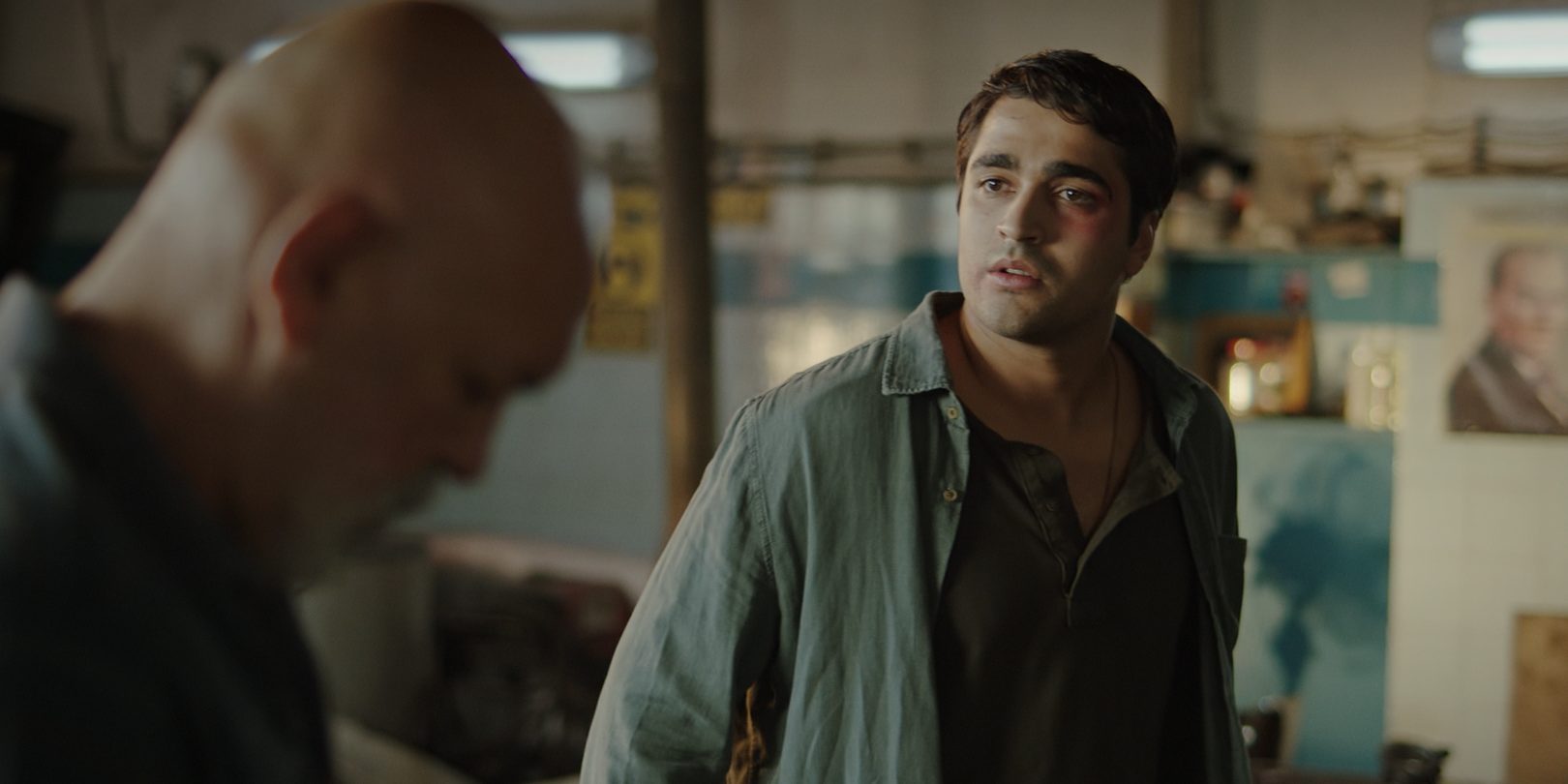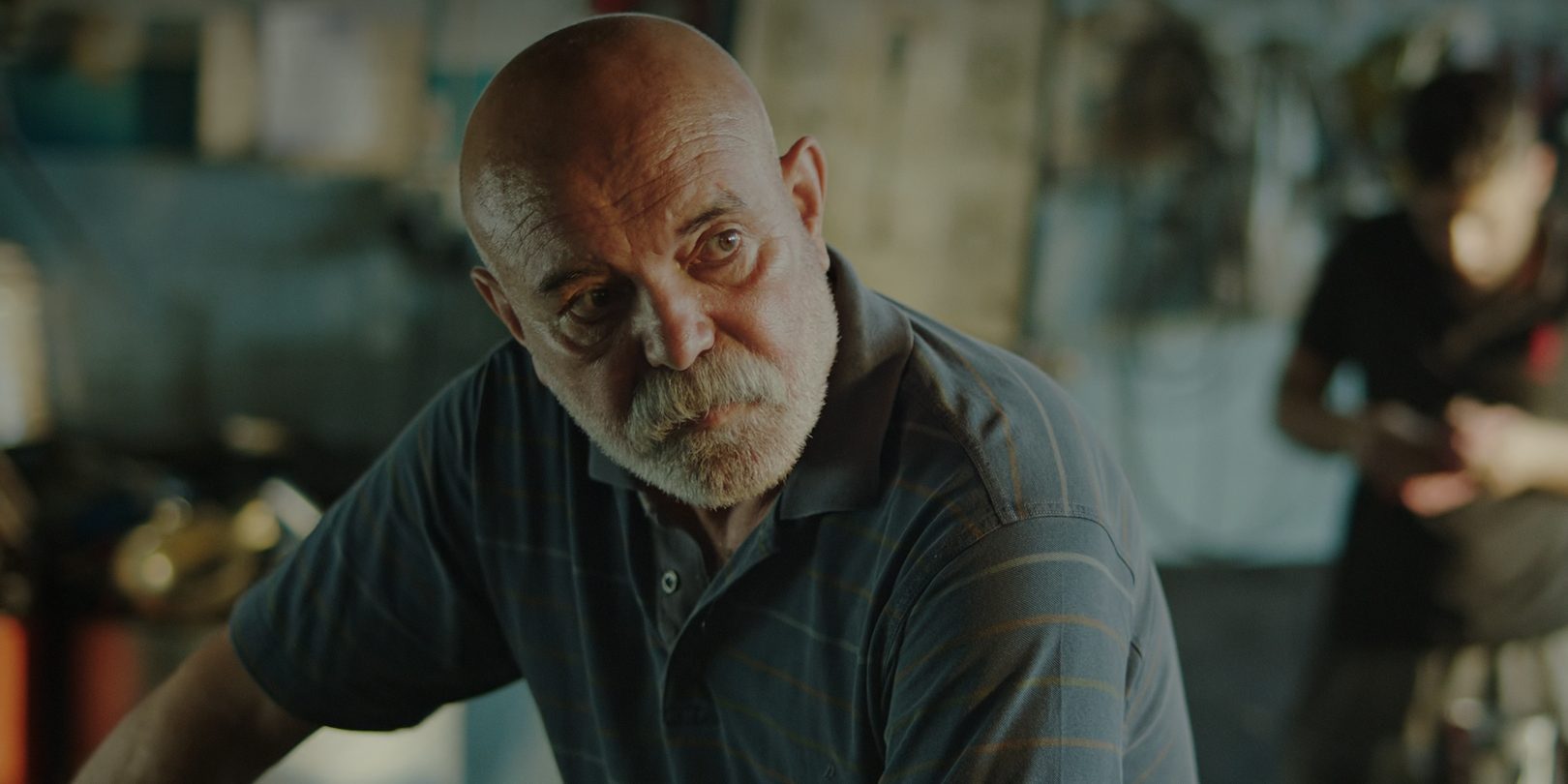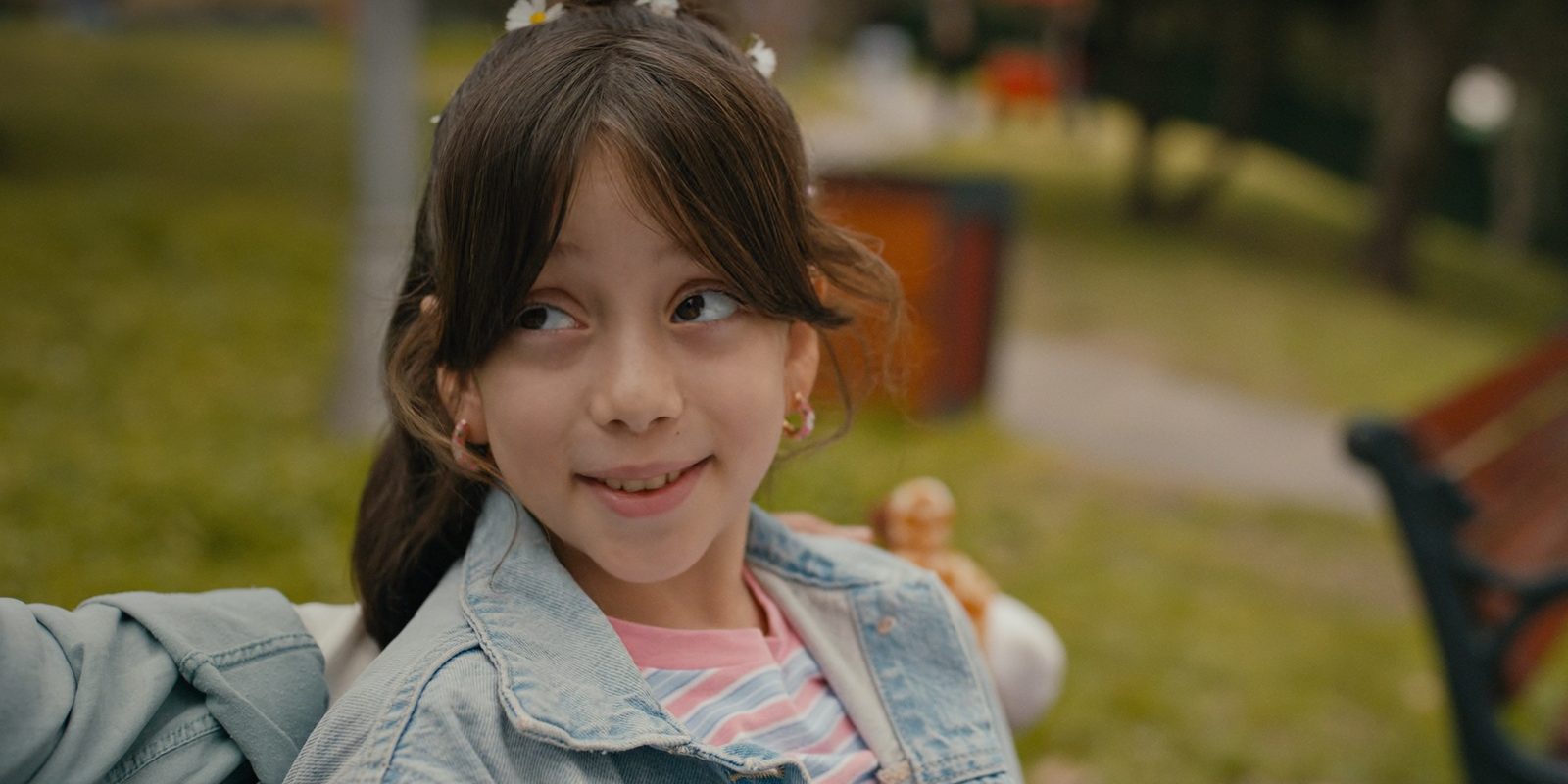Netflix’s Turkish social drama film ‘Abandoned Man’ or ‘Metruk Adam’ is helmed by Çağrı Vila Lostuvali. It follows the journey of a teenager named Baran, who gets wrongfully convicted and imprisoned for a hit-and-run case incident, which was actually his brother Fatih’s doing. Fifteen years later, he is released from prison, but finds it difficult to redeem himself in the outside world. However, his little niece Lydia and her innocence might be the ray of hope he’s looking for. The movie explores themes of redemption, loyalty, love, family, friendship, and survival. The setting of the film, the characters, and the social commentary offer viewers an intriguing experience.
Abandoned Man is an Inspirational Tale of Survival and Liberation from Poverty and Unemployment
Despite being a fictional tale, ‘Abandoned Man’ deals with the issue of poverty from a humanitarian perspective. The writers Deniz Madanoglu and Murat Uyurkulak have managed to get into the heart of the issue of economic hardship through their approach towards Baran’s character arc. After being imprisoned for fifteen years, when the protagonist is released, he finds it difficult to adjust to his state of poverty. He struggles to find a job as society judges him and paints him with bias for being a prisoner in the past. Despite dreaming about opening his own garage, he gets caught up in social apathy.

The element of survival brings the narrative closer to reality. Data from the Turkish Statistical Institute, as reported by Evrensel in 2025, reveals significant housing and financial challenges in Türkiye. A third of all households experience issues such as leaky roofs, damp walls, or rotten window frames. One in four extended families endured extreme poverty, living on an income equivalent to 9,000 lira. Furthermore, 2.5 million individuals aged 25-29 who have never married still reside with their parents due to the inability to afford rental housing. Thus, the issue of poverty that is at the heart of the film is not imaginary, but a real social issue that persists in Türkiye. The other major theme dealt with in the film is Baran’s struggle with unemployment. He starts to believe that he is a loser and doesn’t deserve anything in life, as he struggles to take care of Lydia.
In a heartbreaking scene, he tells a doctor that he has debts and burdens that don’t seem to leave him. His helplessness reflects the sentiments of unemployment in the real world. Türkiye’s unemployment rate increased by 0.3 percent in the second quarter of 2025, reaching 8.6%, according to a 2025 report from the Turkish Statistical Institute. The number of employed individuals in Türkiye decreased by 41,000 to 32.43 million, which dragged the employment rate to 48.9%, representing a regression in human development. Baran’s struggle with unemployment is not an issue that exists in a vacuum. It is a very real issue faced by common citizens of Türkiye in their daily lives.
The Narrative Deals With the Intricacies of Familial Ties and the Importance of Kindness in the World
The tender part of the narrative lies in its exploration of the relationship between Baran and his niece, Lydia. The two characters support each other through the ups and downs of their lives. Despite being Lydia’s uncle, Baran emerges as a father figure to her, helping her survive the tragedy of losing her mother and the potential demise of her father after the deadly car crash. The element of single parenthood becomes relevant in this context, as Lydia is left with Baran for the majority of the film, with Fatih slipping into a coma. According to a statement by Türkiye’s Family and Social Services Minister, Mahinur Özdemir Göktaş, in 2025, there was an increase in single-parent families in the country.

This shows that the country has its share of single parents who have to perform the difficult task of raising children by themselves, without spousal or familial support. Baran sacrifices everything to take care of Lydia, despite harboring negative feelings towards his brother, who was, in a way, responsible for his prison term. Though he is not Lydia’s father, he steps in when the little girl needs him the most. The relationship between the uncle and the niece is a symbol of hope that reflects the realities of the real world, where people find hope from the most unexpected sources.
Though kindness cannot be proven through statistics, it is reflected through the character of Musa, who transforms from a resentful old man to a kind and compassionate individual who helps out Baran and Lydia when they need it the most. The theme of kindness connects the narrative to the real world, where acts of kindness can go a long way in uplifting people from their ordeals. The social commentary of the film, delivered through the actions of the characters, bridges the gap between fiction and reality in a unique way.
Read More: Where Was Netflix’s Abandoned Man Filmed?


